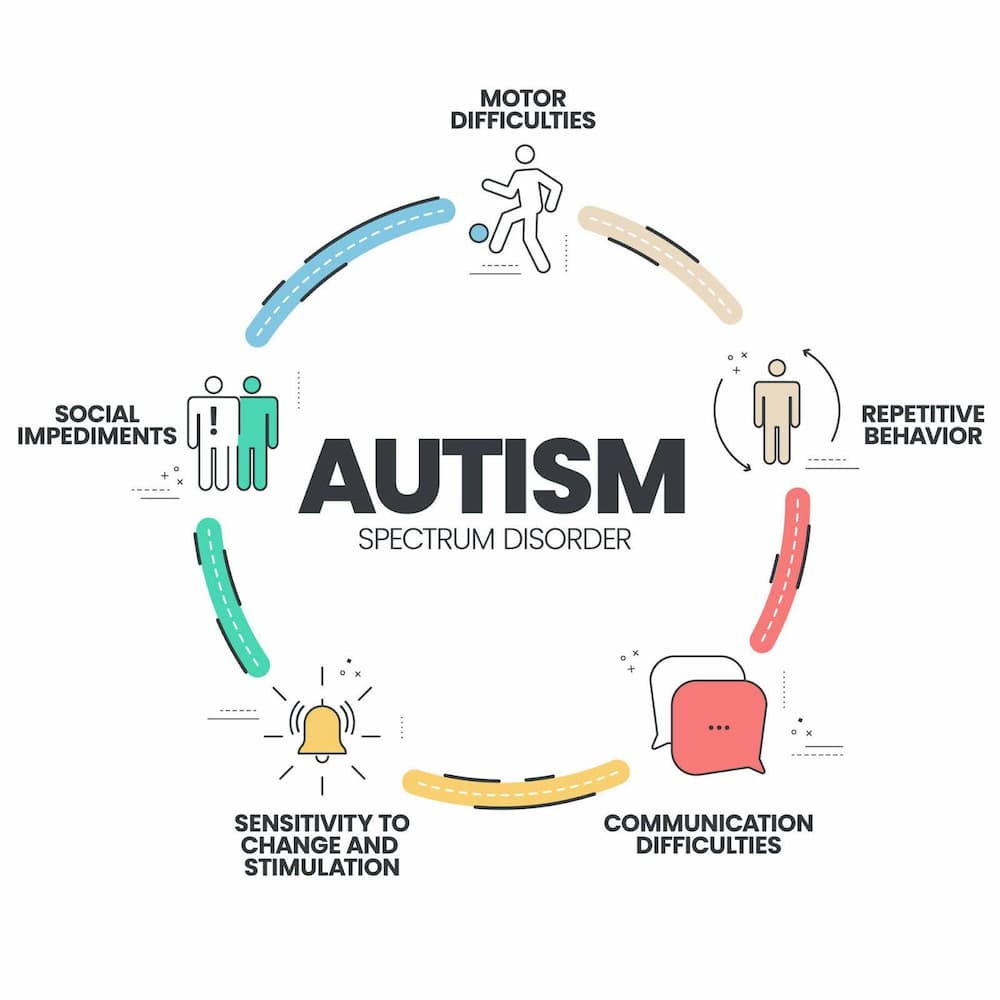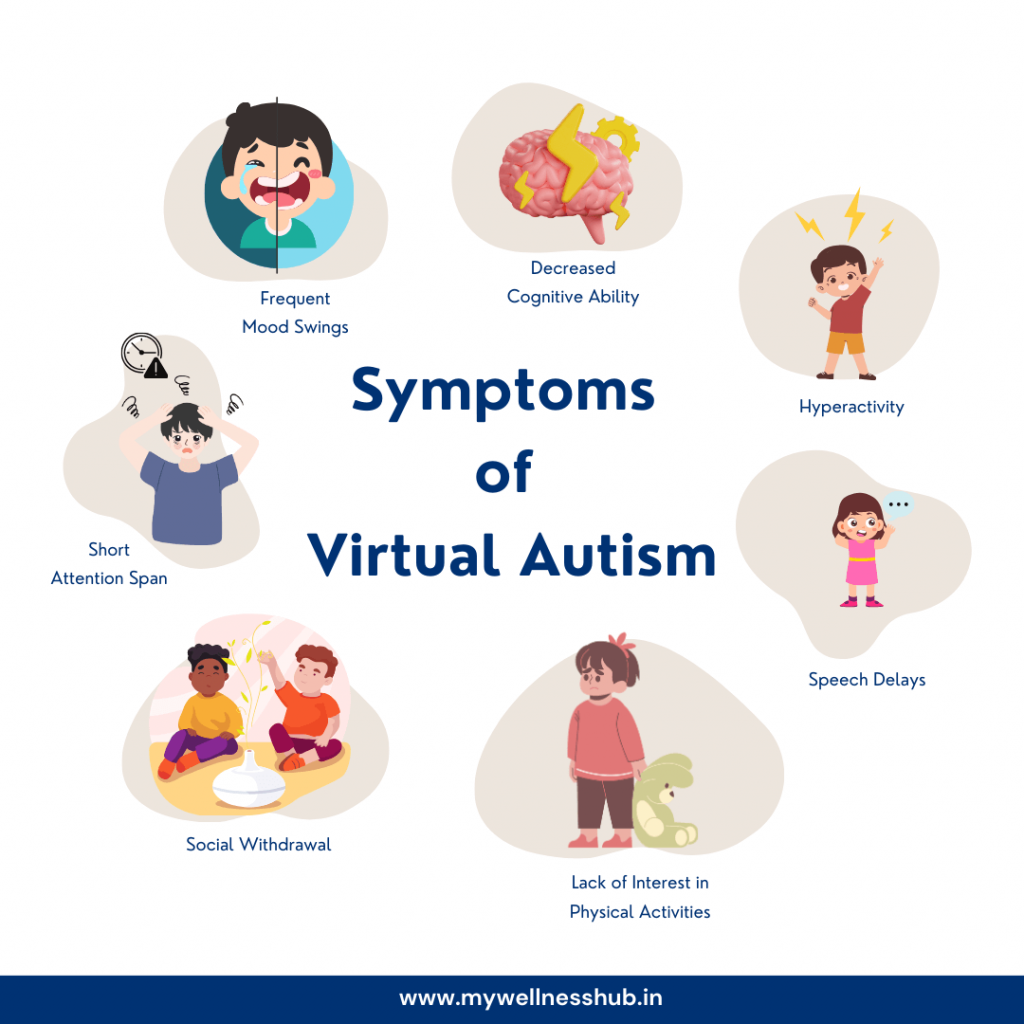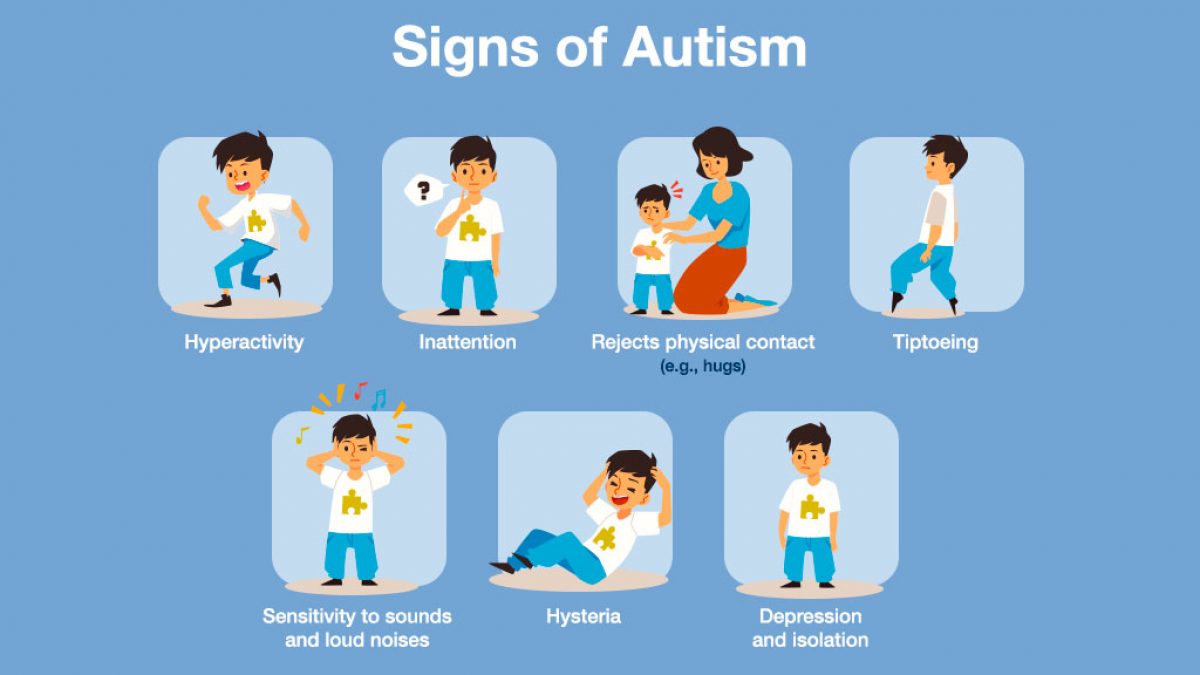Developing real connections with help from an Autism Therapist
Developing real connections with help from an Autism Therapist
Blog Article
Understanding the Impact of Behavioral Autism on Daily Life and Social Communications
You may not recognize just how deeply behavioral autism affects everyday life and social interactions. Individuals on the range frequently browse a globe filled up with interaction difficulties and sensory overload. These obstacles can lead to frustration and isolation, affecting their partnerships and general well-being.
Defining Behavior Autism and Its Characteristics
Behavioral autism, often described as autism spectrum disorder (ASD), incorporates an array of problems identified by difficulties in social interaction, communication, and repetitive behaviors. You could observe that people with ASD often have a hard time to translate social hints, which can bring about misunderstandings in discussions. They might locate it tough to establish eye contact or participate in little talk, making social scenarios really feel overwhelming.
Interaction troubles can show up in numerous means, from postponed speech development to a preference for using fewer words. By identifying these characteristics, you can cultivate an environment that advertises approval and urges reliable interaction, aiding individuals with autism flourish in their everyday interactions.
The Range of Autism: Understanding Variability in Habits
Autism spectrum problem (ASD) isn't a one-size-fits-all medical diagnosis; it varies extensively amongst people. You may run into people that are very verbal and involve easily in conversations, while others may choose singular tasks or communicate non-verbally.
In addition, the means people with ASD reply to sensory input can vary substantially; some may be overwhelmed by brilliant lights or loud sounds, whereas others grow in stimulating settings. The range likewise consists of distinctions in social communications; some individuals might struggle to analyze social hints, while others navigate social setups with loved one convenience. Understanding this irregularity is vital, as it helps you value each individual's unique experience and tailor assistance to their specific demands, fostering a much more inclusive environment for every person.
Interaction Difficulties Dealt With by Individuals With Autism
When you communicate with individuals on the autism range, you might notice their unique interaction obstacles. They usually encounter troubles with both verbal and nonverbal signs, which can impact their social interactions. Understanding these obstacles is necessary for cultivating much better connections and assistance.

Verbal Communication Problems
Several people on the autism spectrum experience spoken interaction difficulties that can substantially affect their day-to-day interactions. Your tone, quantity, or speed may not align with social assumptions, causing others to misunderstand your objectives. Recognizing these challenges can assist you and your assistance network create techniques to boost interaction and foster far better connections with others in your daily life.
Nonverbal Interaction Barriers
Spoken communication isn't the only difficulty individuals on the autism range face; nonverbal communication barriers can be simply as significant. These difficulties can lead to misconceptions or misconceptions of social hints, making communications feel frustrating or complex. By dealing with nonverbal communication, you can discover approaches to improve your social experiences and improve your total quality of life.
Social Communication Impacts
Social communications can frequently really feel overwhelming due to the distinct interaction challenges faced by people with autism. Recognizing these obstacles can help you discover methods to enhance communication, such as practicing social abilities in safe setups or using visual aids. Recognizing your needs enables you to navigate social communications with higher confidence and simplicity.
Social Communication and Connection Structure in Autism
While building relationships can be challenging for people with autism, recognizing their distinct point of views and communication designs can foster significant links. You may see that lots of people on the spectrum like direct interaction and might deal with social hints or little talk. By being simple in your communications, you can help develop a setting where they feel comfortable.
Engaging in shared interests can likewise serve as a bridge to deeper links. Whether it's a hobby, a preferred show, or a shared enthusiasm, these typical threads can open doors to relationship.
Daily Life Routine: Browsing Difficulties and Methods
Steering daily life routines can be particularly challenging for individuals with autism, particularly when unexpected adjustments happen. You might discover convenience in having a structured routine, as it aids you expect what's next. It's regular to really feel overwhelmed or anxious when disruptions occur. To navigate these difficulties, take into consideration implementing visual schedules or checklists. These tools can give quality and confidence.
Developing a regimen that consists of sensory breaks can likewise be advantageous. This helps produce an understanding setting.
Last but not least, practice mindfulness techniques to take care of stress and anxiety and anxiousness. Basic breathing workouts or basing strategies can make a considerable difference. By including these methods, you can improve your everyday regimen and minimize interruptions, making life feel a lot more workable.
Toughness and Capacities of People on the Autism Spectrum
Understanding day-to-day life routines is just one element of the autism experience. Lots of people on the autism range possess exceptional staminas and capabilities that set them apart. You might discover that your focus to detail is phenomenal, enabling you to master tasks that need accuracy and focus. Your capacity to believe outside package can result in innovative remedies in various circumstances.
Moreover, your memory skills frequently beam, especially in areas of rate of interest. Aba Therapist. This flair for maintaining info can make you a useful resource in fields like art, innovation, or science. You may likewise show solid visual thinking, allowing you to visualize intricate concepts and resolve issues creatively
In addition, your special perspective on the globe can promote compassion and understanding in others, improving social communications. Accepting these toughness not only increases your confidence yet likewise assists others value the diverse skills you offer the table.
Developing Inclusive Environments for Individuals With Autism
Creating inclusive atmospheres for people with autism starts with making sensory-friendly rooms that accommodate their one-of-a-kind requirements. You can likewise foster opportunities for social interaction, helping to construct connections and relationships. By making these modifications, you'll add to a more welcoming environment for everybody.
Designing Sensory-Friendly Spaces
While designing sensory-friendly areas, it's crucial to review the unique needs of individuals with autism. Beginning by selecting soothing colors and soft lighting to create a relaxing setting. Include quiet zones where individuals can reenergize and retreat when overwhelmed. You'll wish to reduce loud noises and disturbances, using soundproof products or white sound devices to assist keep peace. Take into consideration tactile elements like soft materials or fidget-friendly objects that can supply convenience. Identify that areas are versatile, permitting easy rearrangement to fit different activities. Include visual schedules or clear signage to assist people navigate the space with confidence. By attentively incorporating these components, you can develop a welcoming atmosphere that sustains sensory needs and advertises total read more wellness.
Advertising Social Communication Opportunities
Creating sensory-friendly rooms not only addresses individual comfort however additionally establishes the phase for significant social interactions amongst individuals with autism. Urge peer mentoring, pairing individuals with autism with helpful peers who can assist them through social scenarios. By carrying out these methods, you can improve social possibilities, helping people with autism build relationships and enhance their social skills in a secure, welcoming environment.

Often Asked Questions
How Can Friends Support Someone With Behavioral Autism?
You can support a buddy with behavior autism by being individual, paying attention actively, and respecting their boundaries. Engage in tasks they enjoy, interact freely, and develop a comfortable environment where they really feel valued and comprehended.
What Resources Are Offered for Parents of Children With Autism?
You can discover different resources for parents of kids with autism, including assistance groups, educational sites, and local community services. Connecting with various other parents can also provide important insights and shared experiences to assist navigate difficulties.
Can Behavioral Autism Adjustment With Time?

Yes, behavioral autism can change in time. You might discover changes in interaction, social skills, and behavior as your kid expands. Early treatment and support typically play essential functions in these developmental changes.
How Do Sensory Sensitivities Impact Every Day Life?
Sensory sensitivities can make day-to-day experiences overwhelming. You might fight with loud noises or brilliant lights, leading to stress or avoidance. Finding environments that suit your needs can significantly improve your convenience and overall day-to-day live.
What Are Common Misconceptions About Behavioral Autism?
You might believe behavior autism only affects interaction skills, however it's even more complex. Numerous presume people do not have empathy or knowledge, which isn't real. Recognizing these false impressions helps foster approval and support for those on the spectrum.
Behavior autism, commonly referred to as autism range condition (ASD), incorporates a variety of conditions defined by difficulties in social communication, interaction, and recurring habits.Social communications can often really feel frustrating due to the distinct interaction challenges faced by people with autism.Creating sensory-friendly spaces not only addresses individual comfort but also establishes the stage for significant social communications among people with autism. Urge peer mentoring, combining people with autism with supportive peers that can assist them via social scenarios. By applying these strategies, you can boost social opportunities, helping individuals with autism develop friendships and reinforce their social abilities in a secure, welcoming atmosphere.
Report this page